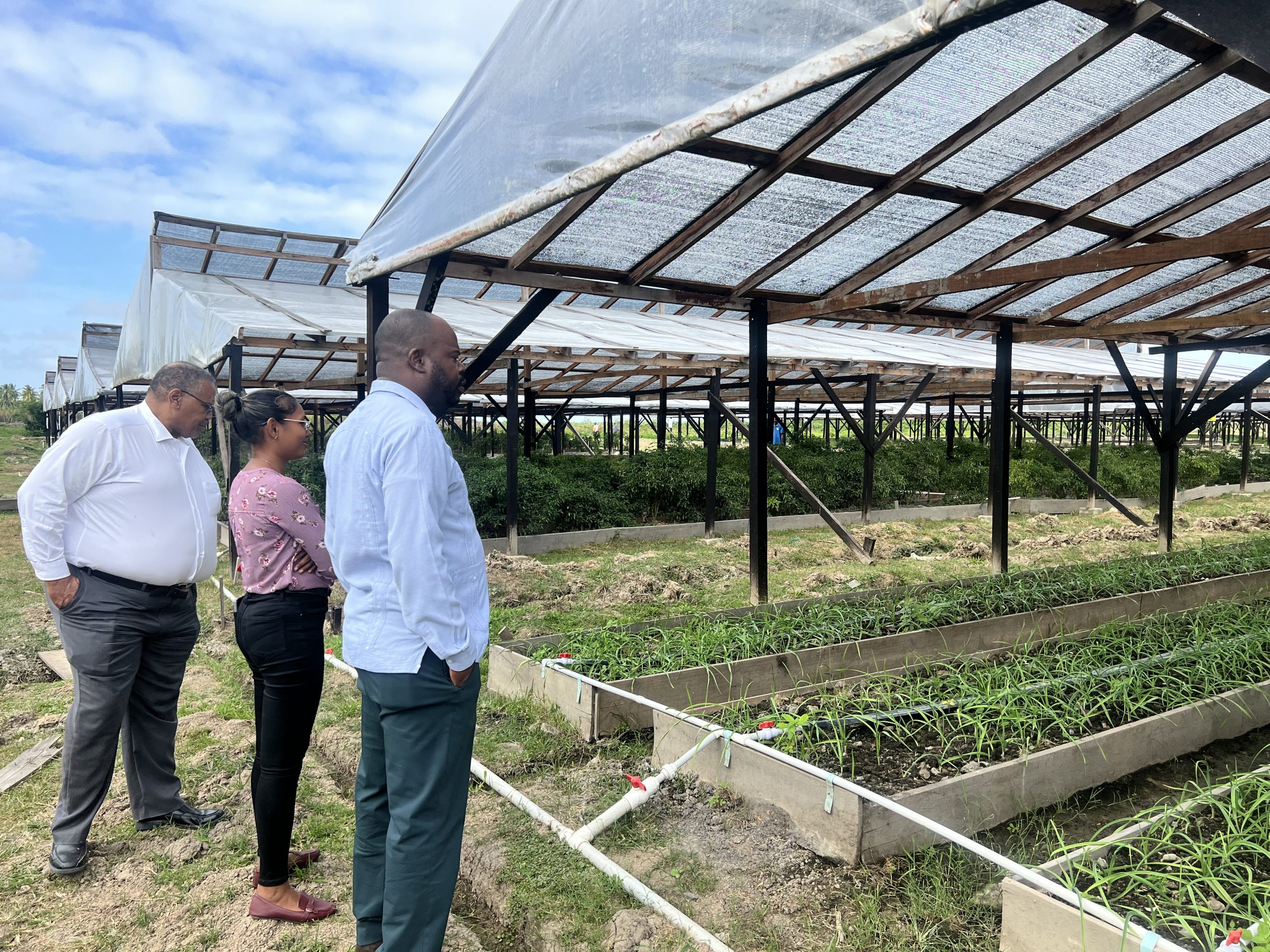
What do you want
to be when you grow up? How often do we hear the response farmer? How often do
we encourage others to become farmers, agri-technicians, agri-entreprenuears? Not
too often do we?
Global population
is expected to increase to 9 billion by 2050, with youth (aged 15–24)
accounting for about 14 percent of this total. While the world’s youth cohort
is expected to grow, employment and entrepreneurial opportunities for youth –
particularly those living in developing countries’ economically stagnant rural areas
is expected to remain limited, poorly remunerated and of poor quality
United Nation 2011
REGIONAL OVERVIEW: LATIN AMERICA AND THE CARIBBEAN reported that there were 106
million young people between 15 and 24 years of age living in Latin America and
the Caribbean , 20% of the total population. It is the largest proportion of
young people ever in the region’s history. • While employment indices for young
people have improved over the last decade, the unemployment rate for the 15-29
age group is three times as high as it is for the population between 30-64
years of age.
The average age of
farmers in the region is estimated to average between 50 years to 60 years with
young farmer replacement being limited. While so in today’s date the youth constitute a large section of the persons who are affected by
unemployment and food insecurity.
The agriculture sector however possesses
significant development potential which can generate ample decent and gainful
employment opportunities for the youth. However, like the agriculture sector the
youth themselves also possesses untapped potential. Their capacities for
creativity and economic innovation are squandered when they are blocked from
actively participating in economic activities. As a result, facilitating youth
participation in the agriculture sector would not only provide much needed
employment opportunities for youth themselves, but will also help drive the
innovation and growth needed to reduce poverty among youths and adults alike.
A coordinated response to increase youth’s
access to the agricultural sector is more important now than ever, as a rising
global population and decreasing agricultural productivity gains imply that
young people must play a pivotal role in ensuring a food-secure future for
themselves, and for future generations.
Youth need to be seen as a collective
group of people who have the potential to change the world. Despite their age,
gender, and geographic location, the youths’ unique way of approaching life with
fresh perspectives and with zeal need to be encourage and included. They can no
longer be left out of the equation for development and change. We can no longer
leave young people sitting at the fringe of society looking on as others define
their potential.
In order to effect a true change to youth engagement
in agriculture a rethinking, a paradigm shift in how we view youth is required.
Youth must now be seen as viable individuals who can meaningfully contribute to
the fabric of society. We must acknowledge that they have the ability to think,
develop and act in a way that can cause serious change. They must not be
treated as outcasts of the society, but rather as individuals who, when given
the opportunity along with the correct tools and resources, and with sincere,
meaningful support and guidance, can make a difference. They can, if their
potential is properly directed, add tremendous value to agriculture not only digitizing
traditional agriculture but also in a plethora of new high demand and highly paid agriculture
professions in areas such as smart agriculture, online platforms, extension and
marketing applications, GIS and drone technology, and agriculture data analytics just to name a
few.
Challenges faced by young women and men
trying to engage in agriculture and earn a living in rural areas are many. The
solutions will not come easily. There are no silver bullets. But we most first start the conversion
of policy to action, it will require young people to be given the resources to
become fully empowered for productivity; when there is a supportive
environment – youth can find innovative ways to create a future for themselves,
and also contribute to the societies and communities in which they live.
Youths involvement in policy dialogue is
key. Too often young people’s voices are not heard during the policy process,
and so their complex and multifaceted needs are not met. Policies often fail to
account for the heterogeneity of youth, and so do not provide them with
effective support. To remedy this, youth need the requisite skills and
capacities for collective action to ensure that their voices are heard.
CARICOM is committed to putting action to policy. It is the
regions mission to change the landscape of Agriculture and food systems through
Climate action, technology, de-risking, financing, investment and youth
engagement. Our actions are deliberate, targeted and focused. This I am Agriculture,
Youth in Agriculture Initiative is on such deliberate move. This launch
commences the commitment fromm the region to support youth participation in
food systems from farm to table.
The recommendations from the Youth
Advisory Committee, which is currently being formed with youth representatives
from across the region, is hoped to assist in giving policy direction in how to
empower youth and thus enable them to utilize modern technology in a
business-like manner to achieve economic independence. While at the same time, supporting
them in becoming vested citizens in society helping to address societal issues
such as criminal activity, poverty and economic destabilization.
We
place the highest priority on agriculture, unlocking its potential and the
development of the Region’s food systems. The
role of youth in agriculture is, in fact, that of immense possibility — to grow
more food, transform local food systems and build economies that lift entire
communities out of poverty. The time to invest in youth and capitalize on their
potential to serve as agents of transformation in the region is now.

